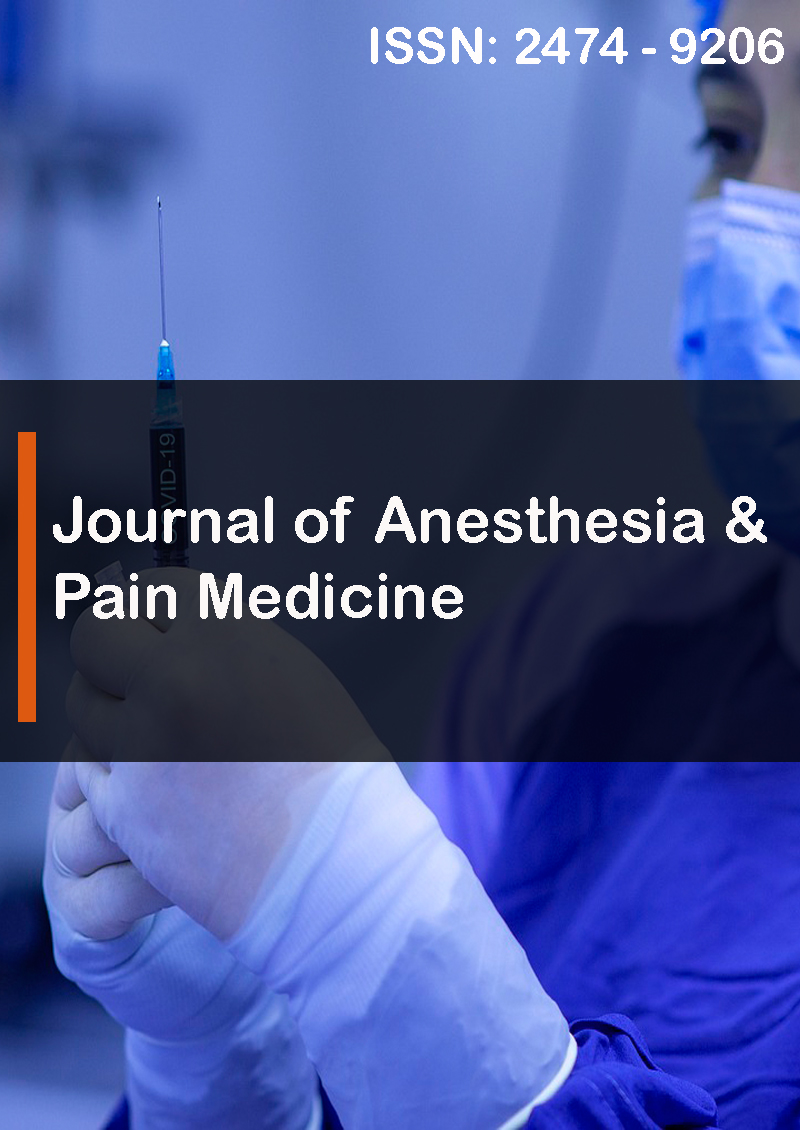The Effect of Quran Therapy on Sedative Requirements and Hemodynamic Parameters in Patients subjected to Spinal Anesthesia
Abstract
Sanaa Mohamed Elfawal and Mona Refat Hosni
Background: “We reveal from the Quran that which is healing and a mercy for the believers” Holly Quran (surah al Israa 17:82). Quran therapy has been shown to modulate the stress response in different life situations. This study designed to determine the effects of Quran therapy on intraoperative sedative requirements and whether it can achieve similar degree of sedation by monitoring Hemodynamic parameters in patients undergoing lower limb surgery under spinal anesthesia.
Methods: In this study 50 cases of ASA Grade I and II between 20-60 years of age from both sexes, undergoing lower extremity surgery under spinal anesthesia, were randomized into Group Q (those who listened to Quran) and Group M (those who didn’t listen to Quran and took midazolam as a sedative). After the induction of spinal anesthesia, and achieving the desired effects and levels of spinal block, headphones were applied to all the patients and Quran was started in group Q. The intraoperative vital parameters and total sedative requirements were recorded and compared in both the groups.
Results: The total midazolam requirements were significantly lower in patients who listened to Quran intraoperatively (2.17 ± 0.53 mg versus 3.25 ± 0.77 mg; P=0.02), for achieving similar degree of sedation (Ramsay grade 3). The mean pulse rate was significantly lower in group Q as compared to group M (from 68-76 versus 86-98; P<0.05) at 30-120 minutes intervals intraoperatively. Systolic and diastolic blood pressure were comparable in both the groups, with insignificant difference at all times (P>0.05), though the patients in group Q reported a higher sense of satisfaction and well- being postoperatively.
Conclusions: Our findings suggest an important role of Quran in per anesthetic patient care. We conclude that Quran is a non-pharmacological alternative which is suitable for decreasing intraoperative sedative requirements in patients under spinal anesthesia.



